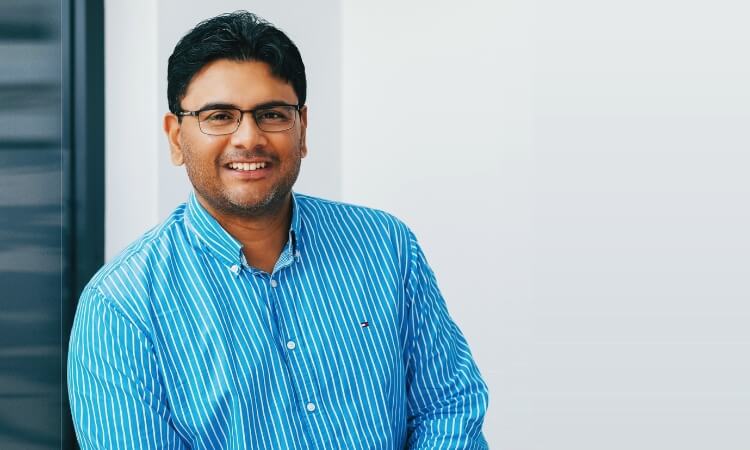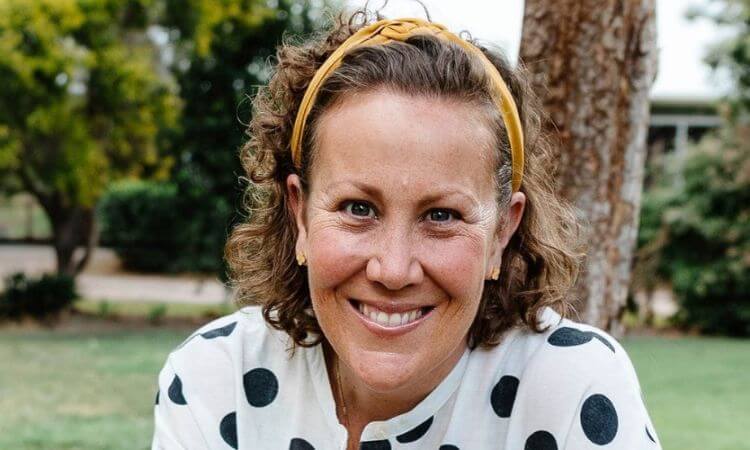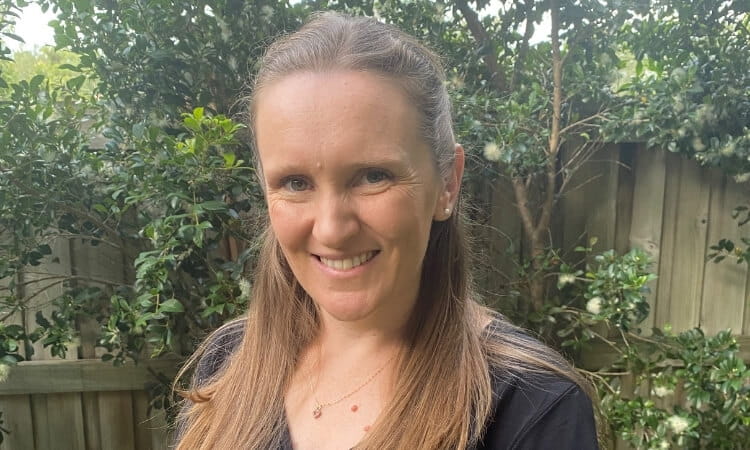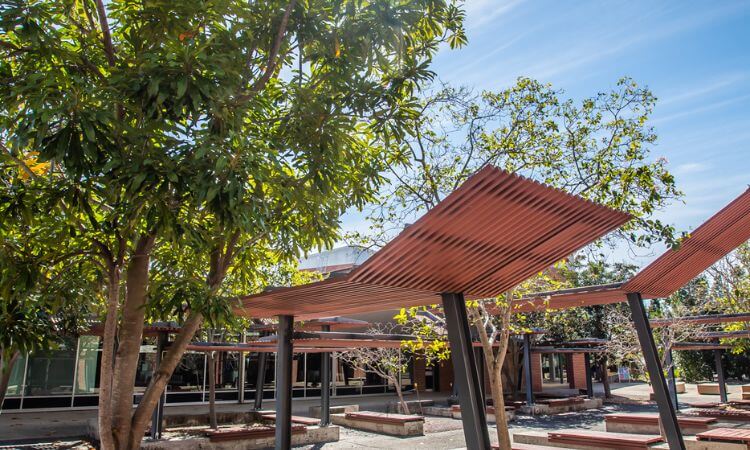Reframing the conversation on mental health

In a world where mental health is often medicalised, individualised and commercialised, one researcher is urging us to think differently and more collectively about wellbeing.
Clinical psychologist and UniSQ researcher Dr Govind Krishnamoorthy is part of a panel of leading experts headlining the next UniSQ Thought Leadership Series event, How To Think Differently About Mental Health, on Wednesday 20 August on Wednesday 20 August at UniSQ Ipswich.
With a career devoted to prevention, early intervention, and mental health equity, Dr Krishnamoorthy brings a compelling perspective that challenges the idea that mental health is only about individual treatment.
Instead, he emphasises the importance of relationships, community cohesion and systems that support everyone.
“We are well when we all are well,” Dr Krishnamoorthy said. “I hope people leave this event ready to challenge dominant mental health narratives – reframing something to fix on your own to something shaped by our surroundings, relationships, and the support we can give each other.”
The upcoming event invites attendees to explore fresh perspectives on mental health.
“The quality of our relationships is an important part of our mental health,” Dr Krishnamoorthy said.
“A small mindset shift people can take to support their own mental health is to commit to learning how to grow positive relationships.
“That shift from self-focus to relational focus can be transformative, not just for individuals, but for families, workplaces, and communities.”
Dr Krishnamoorthy’s work is grounded in collaboration. He partners with schools, health services, and communities on research to design equity-focused models of care that address the social, cultural and historical determinants of mental health.
“Mental health is shaped by complex and interconnected systems,” he said.
“We need to move beyond simple explanations that blame either ourselves or the world around us – especially in a rapidly changing world shaped by technology.
“Research can help us make sense of these shifts and guide us to a more balanced, meaningful way to support our own mental health and the wellbeing of others.
“Collaboration across sectors is vital. When we bring together diverse expertise, we open the door to new perspectives and a more holistic understanding of human needs.”
Emerging technologies also play a significant role in his research. Dr Krishnamoorthy is excited by the potential of university-industry partnerships to create digital tools that support – not replace – relational, community-based models of care.
“I’m particularly interested in leveraging big data, machine learning and sensor technologies to develop better biological and behavioural markers of mental health,” he said.
“These tools can help challenge outdated systems and promote equity in access to support.”
This event is part of UniSQ’s ongoing Thought Leadership Series – a platform that brings together experts and community members to tackle big ideas and lead important conversations across regional Queensland.
“It’s time to think differently,” Dr Krishnamoorthy said. “If COVID-19 has taught us anything, it is that we have limited healthcare resources.”
“To make the most of what we have, we need to move beyond transactional models of care and build mental health systems grounded in equity, interdependence, and collective wellbeing. Not focus only on improving productivity and efficiency.”
Come along to be part of that change. Register now to attend the free UniSQ Thought Leadership Series event – How To Think Differently About Mental Health.


